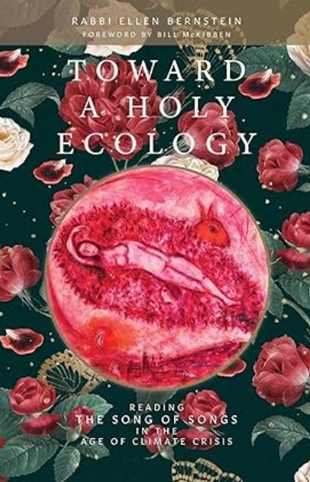“Living consciously in the present and living in the divine presence are connected. The Song invites us into the present through its arresting images, metaphorical language, lack of active verbs, and sensual portraits. The [Hebrew] word hineh, which occurs several times, is often translated as 'Look!' but may be better understood as a gasp. It calls us to stop and sink into the moment to attend to the present. The Song’s plants and animals, living in the present — not worrying about the future or the past — create a palpable 'presence' in the Song. The vivid floral landscape of shapes, colors, and smells beckon the reader to come to their senses and be present to the body of the world; to smell and look and touch.
“The Song beckons us to know the animals and plants and the land viscerally, not just through our minds. The sense of intimacy with the whole world is the path into the divine presence. Although there is a narrative line in the Song, what seems most essential is this embodied experience of the garden of the earth.”
